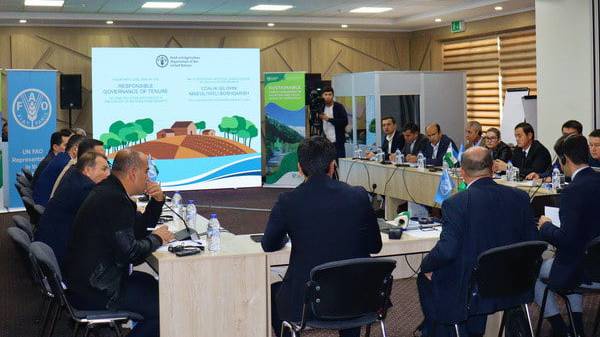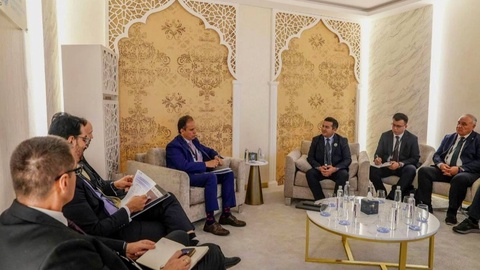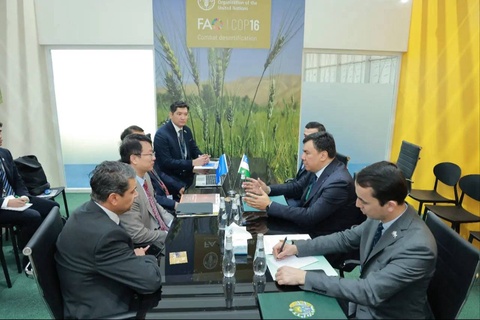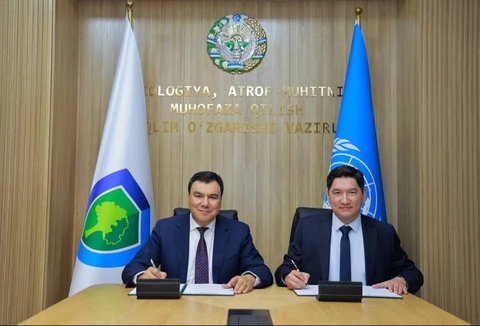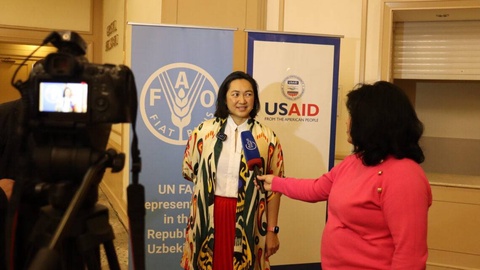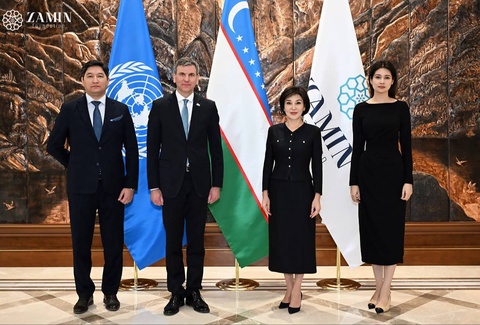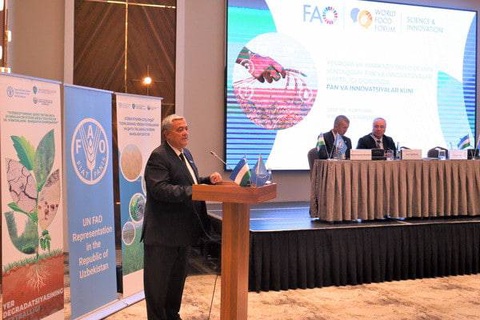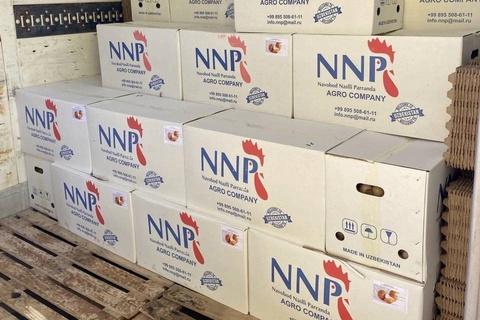The classes were conducted by Bradley Patterson, FAO's international land tenure consultant. The target audience consisted of specialists from the Ministry of Agriculture and the Forestry Agency under the Ministry of Ecology, Environmental Protection and Climate Change of the Republic of Uzbekistan, employees of the State Scientific and Design Institute "Uzgiprozem", the design Institute "Urmonloiha", representatives of the country's forestry. On October 19, 2023, trainings will be held in the Pap district of Namangan region for rural residents, farmers and forestry workers.
As noted during the trainings, the above-mentioned guidelines are a comprehensive global legal document on the issues of the system of ownership and use of resources and its regulation. They establish principles and internationally recognized standards for responsible practices in the use of land, fish and forest resources, as well as control over them. In 2012, the World Food Security Committee approved Voluntary Guidelines for the Responsible Management of the Ownership and Use of Land, Fish and Forest Resources in the Context of National Food Security. They became the first international instrument providing comprehensive guidance on natural resource management. The Principles are intended for the consistent realization of the right to adequate food, the eradication of poverty, to promote environmental protection, as well as sustainable socio-economic development.
The trainings helped to improve the understanding of the global legal document, as well as to develop practical approaches to sustainable forest management in the mountainous and valley regions of Uzbekistan. During the trainings, the specifics of the land tenure system in Uzbekistan were discussed, and an overview of the FAO project "Sustainable Forest Management in mountainous and Valley areas of Uzbekistan", which is funded by the Global Environment Facility (GEF), was also presented. It should be recalled that within the framework of the project, work is underway on the implementation of the principles of sustainable forest management, rational use of forest resources, conservation of productivity and ecological functions of forests, biological and landscape diversity in the Syrdarya, Kashkadarya and Namangan regions.
In addition, during the implementation of the project, special attention is paid to landscaping and landscaping, the introduction of information and communication technologies in the processes of sustainable forest management and ensuring gender equality in forestry.


